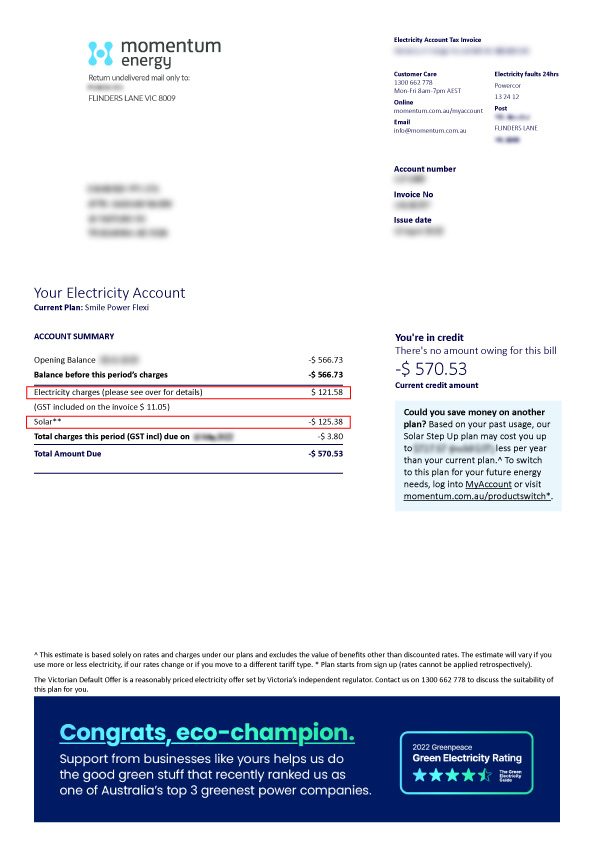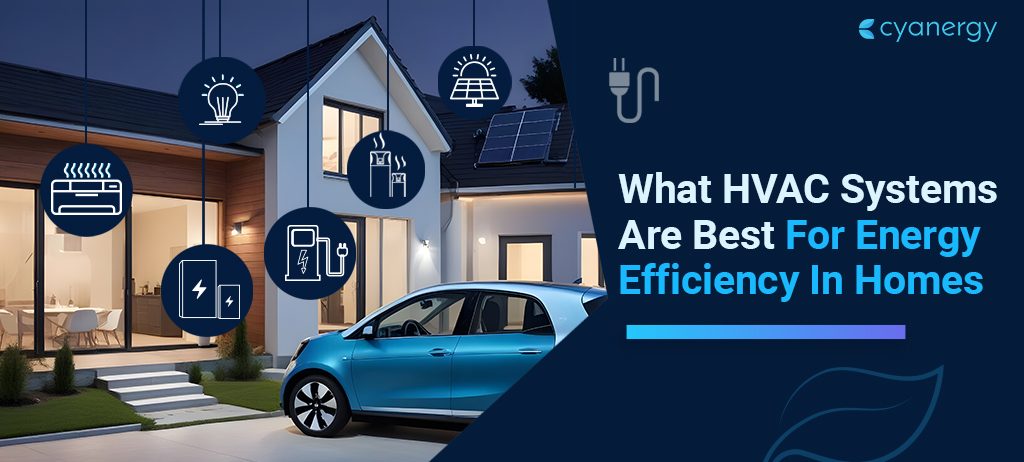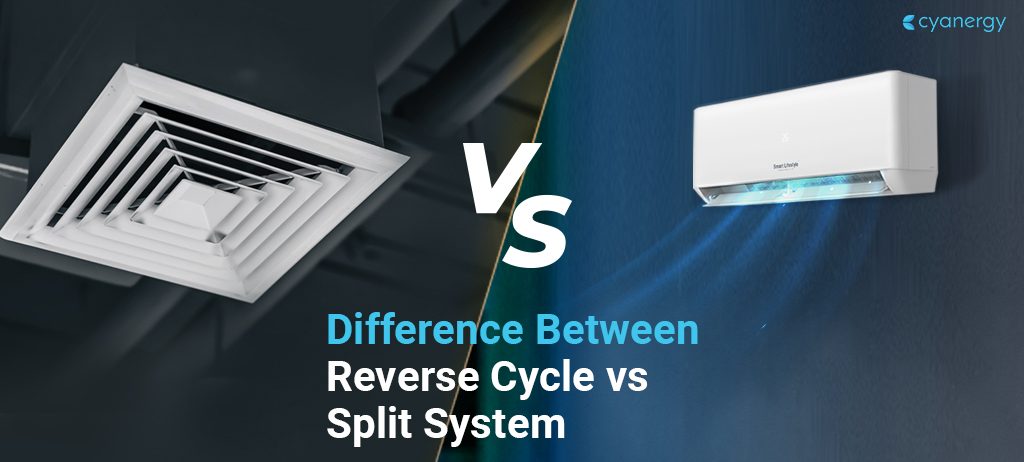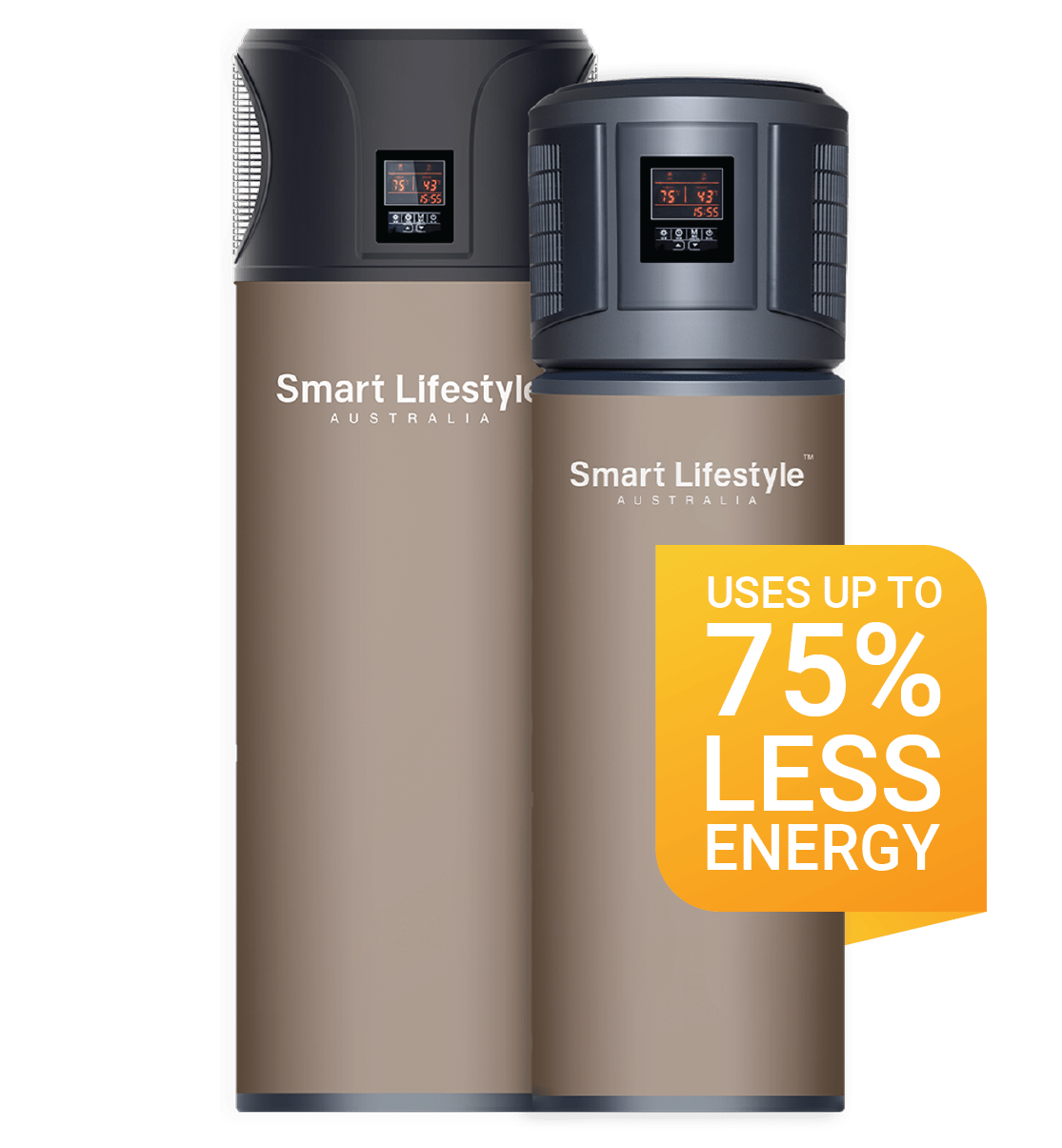The future is bright, and it’s powered by the sun! With the world’s focus on sustainability and reducing carbon emissions, investing in industrial and commercial solar panels is a smart move for businesses looking to stay ahead of the curve. Not only does it help save the planet, but it also saves money in the long run. So, if you’re ready to shine, here are the top 5 reasons to invest in industrial and commercial solar panels in 2023.
1. Reduce Electric Bill – Reduce Business Energy Costs
In any given day, the average electric bill for any commercial property in Australia is about $940 per month, which comes to a grand total of $11,280 per annum. These insane costs of energy are only picking up the pace and moving at the speed of sound. On the flip side, the average monthly electric bill with solar panels comes to around $282, meaning $3384 on energy bill per annum. Savings at that level have the potential to save your business thousands of dollars in the long run.
Commercial solar panels save operating expenses by utilizing sunshine to produce electricity that can be used to run a company’s entire operations. A study by the National Renewable Energy Laboratory (NREL) found that commercial solar panels can reduce any business’s power costs by up to 75%. Businesses may cut their dependency on the grid and save their power costs by producing their own electricity. Since energy prices are frequently among the highest business expenses, doing this over time can bring about significant cost savings.

To store extra electricity for later use, solar panels can also be coupled with energy storage devices like solar batteries. This allows companies to reduce their dependency on the grid and lower their energy costs by using the stored energy at times of peak demand when power prices are higher.
By reducing peak-hour electricity consumption, businesses can comply with the Peak Demand Reduction Scheme (PDRS). It’s a recent government-initiated scheme that incentivizes residential and commercial properties when they use less electricity during the peak hours (2.30 pm to 8.30 pm AEST, which is 3.30 pm to 9.30 pm in daylight savings time).
A Deloitte survey found that 61% of firms consider lower electricity bills to be a very important factor in their decision to use renewable energy. 56% of firms expect to boost their usage of renewable energy over the next three years, according to the same Deloitte report. This implies that companies are aware of the potential financial benefits of renewable energy sources, such as solar energy.
2. Government Rebates Make the Transition Cheaper
The Australian government offers various rebates and incentives to make the transition to solar energy easier for businesses. These incentives can help offset the initial costs of installing solar panels and can result in significant long-term savings on energy bills. Here are some examples:
- Small-scale Technology Certificates (STCs): The Australian government’s Small-scale Renewable Energy Scheme (SRES) provides businesses with STCs for installing eligible small-scale renewable energy systems such as solar panels. The value of the STCs can be used to reduce the upfront cost of the system installation. As of September 2021, the value of one STC was approximately AUD $36.
- Energy Efficient Communities Program: The Energy Efficient Communities Program provides grants to small businesses in Australia to upgrade their energy-efficient equipment, including solar panels. In 2021, the program provided $9 million in grants to 79 small businesses across the country.
- Solar for Small Business Program: This program is designed to help small businesses in regional and rural areas of Australia to install solar PV systems. The program provides grants of up to $3,000 to cover up to 50% of the cost of installing solar panels.
- Renewable Energy Target (RET): The RET is a government scheme designed to increase the use of renewable energy sources in Australia. It mandates that 33,000 GWh of Australia’s electricity come from renewable sources by 2020. This target is expected to drive investment in renewable energy projects, including solar energy systems.
According to the Clean Energy Regulator, as of August 2021, more than 2.8 million small-scale solar PV systems have been installed across Australia under the SRES scheme. In addition, the program has generated more than 373 million STCs, representing a reduction of approximately 18.6 million tonnes of CO2 emissions.
3. Future Proof Your Business with Solar Panels
By investing in solar panels, businesses can future-proof themselves in several ways. Firstly, solar energy provides a cost-effective alternative to traditional energy sources. The cost of solar panels has decreased significantly in recent years, and the return on investment for businesses can be substantial. In fact, a report by the Australian Renewable Energy Agency (ARENA) found that the average payback period for commercial solar installations in Australia is around just 4 years!
Secondly, investing in solar panels can help businesses reduce their carbon footprint. By 2030, the Australian government aims to cut greenhouse gas emissions by 26–28% from 2005 levels, and businesses that embrace sustainable energy practices will be well-positioned to meet these targets. According to the Climate Council, solar energy systems can reduce a business’s carbon emissions by up to 80%.

Thirdly, as the world becomes more energy-conscious, businesses that invest in solar panels can position themselves as leaders in sustainability. This can be an important factor in attracting environmentally conscious customers and employees. In fact, a study by Deloitte found that 87% of millennials believe that the success of a business should be measured in terms of more than just financial performance and that environmental and social impact are important factors to consider.
Finally, investing in solar panels can help businesses future-proof themselves against rising energy costs. According to the Australian Energy Market Commission, electricity prices in Australia have increased by 61% in real terms since 2007, and this trend is expected to continue. By investing in solar panels, businesses can reduce their reliance on the grid and protect themselves against future price hikes.
4. Solar Panels Are the Most Reliable Energy Sources (Renewable Energy Sources)
Solar panels have emerged as one of the most reliable and sustainable energy sources in the world. According to a report by the International Energy Agency, solar energy was the largest source of new power generation capacity in 2020, surpassing all other renewable energy sources. This is a testament to the growing popularity and reliability of solar panels as a source of renewable energy.
One of the main reasons for the reliability of solar panels is their ability to generate electricity even in low-light conditions. This means that even on cloudy or overcast days, solar panels can still generate a significant amount of electricity. Additionally, solar panels require very little maintenance and have a long lifespan, with some panels lasting up to 25 years or more.
In terms of environmental impact, solar panels are also a clear winner. Solar energy produces no greenhouse gas emissions, making it a clean and sustainable alternative to fossil fuels. Additionally, solar panels do not require any water to generate electricity, unlike traditional power plants, which can be water-intensive.
Another advantage of solar panels is their flexibility and versatility. Solar panels can be installed on a variety of surfaces, including rooftops, parking lots, and even on water surfaces like lakes or reservoirs. This makes it possible to generate solar power in a wide range of locations, even in areas where traditional power sources may be unavailable or unreliable.
5. Improved Brand Reputation as an Incentive for Going Green
Businesses have a crucial role to play in mitigating the impact of climate change. As a result, adopting renewable energy sources such as solar panels have become an essential step in enhancing brand reputation. By harnessing solar power, businesses can reduce their carbon footprint, minimize operational costs, and improve their brand reputation through CSR and positive word of mouth.
The installation of solar panels demonstrates a company’s commitment to sustainability and environmental stewardship, which can have a positive impact on its brand reputation. Consumers are becoming increasingly conscious of the impact of their purchasing decisions on the environment, and they are looking for brands that align with their values. By adopting solar panels, businesses can demonstrate that they are taking concrete steps to reduce their environmental impact and promote sustainability.

In addition to the positive impact on brand reputation, solar panels can also lead to cost savings for businesses. Solar energy is a renewable and abundant resource, meaning that once the initial investment is made, the cost of generating electricity is significantly reduced. This can lead to lower operational costs, which can be reinvested in other areas of the business.
Finally, the adoption of solar panels can also create new revenue streams for businesses. In some cases, businesses can generate excess energy that can be sold back to the grid, providing an additional source of income.
As the sun rises in a new era of sustainability, investing in industrial and commercial solar panels in 2023 is like catching the wave of a green energy revolution. The advantages of solar power are clear: not only does it offer significant cost savings and increased energy efficiency, but it also helps to reduce carbon emissions and promote an eco-friendlier business model.
With advancements in solar technology continuing at a rapid pace, businesses that invest in solar panels can stay ahead of the curve and reap the rewards of this exciting and evolving industry. By embracing solar power, companies can also showcase their commitment to corporate social responsibility and appeal to a growing number of customers who value sustainability.
So, if you’re looking to make a bold statement in 2023 and join the ranks of businesses leading the charge towards a greener future, investing in industrial and commercial solar panels is an opportunity that you don’t want to miss. Get a head start here.







